Jehovah’s Witness Roman Mareev Released, But 147 Others Still Behind Bars in Russia
On October 25, 46-year-old Jehovah’s Witness Roman Mareev was released after completing his prison sentence. However, many others remain imprisoned—147, according to the Human Rights Without Frontiers’ database in Brussels.
Jehovah's Witnesses Face Harsher Sentences Than Violent Offenders in Russia
In Russia, being a Jehovah’s Witness is criminalized more severely than certain violent crimes. For comparison:
– Grievous bodily harm, under Article 111 Part 1 of the Russian Federation’s Criminal Code, carries a maximum sentence of 8 years.
– Kidnapping, under Article 126 Part 1, leads to up to 5 years in prison.
– Rape, under Article 131 Part 1, is punishable by 3 to 6 years in prison.
Sentencing of Anatoliy Marunov and Sergei Tolokonnikov
In July 2023, the Savelovsky District Court of Moscow sentenced Mareev to 4.5 years in a general regime colony for participating in a banned organization (Article 282.2 Part 1.1 of the Criminal Code). Mareev, arrested in October 2021, spent over three years (1100 days) in Moscow detention centers. Because one day in detention is considered equivalent to 1.5 days in a general regime colony, his sentence was deemed fully served upon release.
During his imprisonment, Mareev faced harsh conditions, including not having his bed and being forced to sleep on the floor. Despite this, he found solace in receiving letters from supporters, family, and strangers from 68 countries.
Two other Jehovah’s Witnesses convicted alongside Mareev—Anatoliy Marunov and Sergei Tolokonnikov—remain incarcerated. Marunov was sentenced to 6.5 years in a general regime colony, while Tolokonnikov initially received a 5-year sentence. Upon appeal, Tolokonnikov’s sentence was increased to 5 years and 2 months.
Both men maintain their innocence, asserting they are being persecuted solely for their religious beliefs. Their charges primarily stem from practicing and spreading their faith or participating in religious services.
Sergey Tolokonnikov, a former security guard, renounced the use of weapons and violence after converting to Jehovah’s Witnesses. Despite his pacifist stance, he was charged under extremist articles in 2021 for practicing his faith. Anatoliy Marunov, who worked for nearly 40 years in the publishing and printing house of the state-run “Krasnaya Zvezda” newspaper, joined the Jehovah’s Witnesses in the late 1990s.
Jehovah’s Witnesses Banned Since 2017 in Russia
In 2017, the Supreme Court of Russia PLACEHOLDER2b54079d9842da14 the Jehovah’s Witnesses Management Center an “extremist organization,” banning its activities across Russia. Consequently, all Jehovah’s Witnesses groups were added to the PLACEHOLDER25a93d5b57e16a6c and a wave of criminal prosecutions against believers ensued.
Rosfinmonitoring, the Russian financial monitoring service, has also classified hundreds of Russian Jehovah’s Witnesses as “extremists and terrorists,” with most of these individuals being between the ages of 40 and 60.
ECHR Declares Persecution of Jehovah's Witnesses Illegal
On June 7, 2022, the European Court of Human Rights (ECHR) ruled that Russia’s ban on Jehovah’s Witnesses and the subsequent persecution were illegal. The ECHR condemned the Russian government’s actions, stating that the decision to outlaw the religious group and prosecute its members was based on an overly broad interpretation of “extremism.” The ECHR highlighted that Russian law allows this label to be applied even to



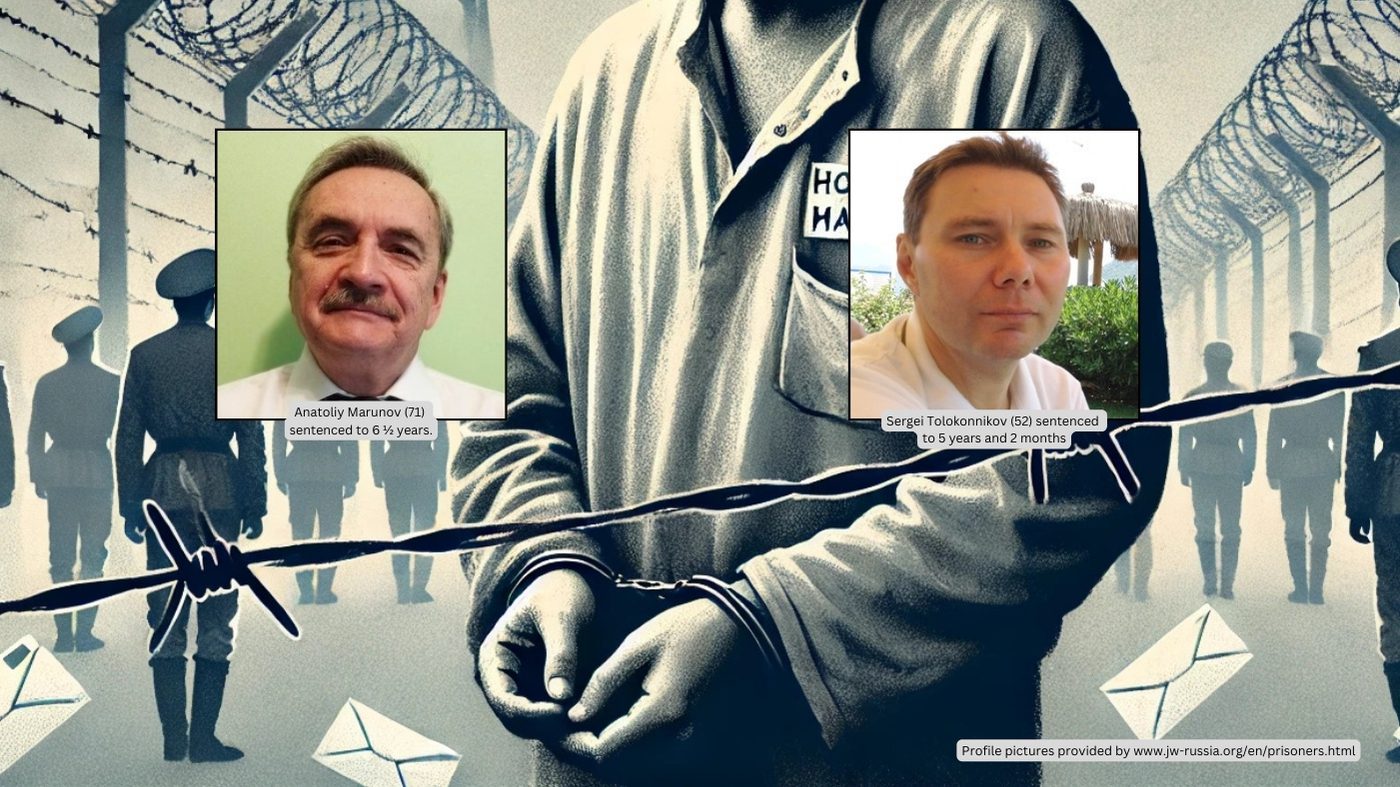


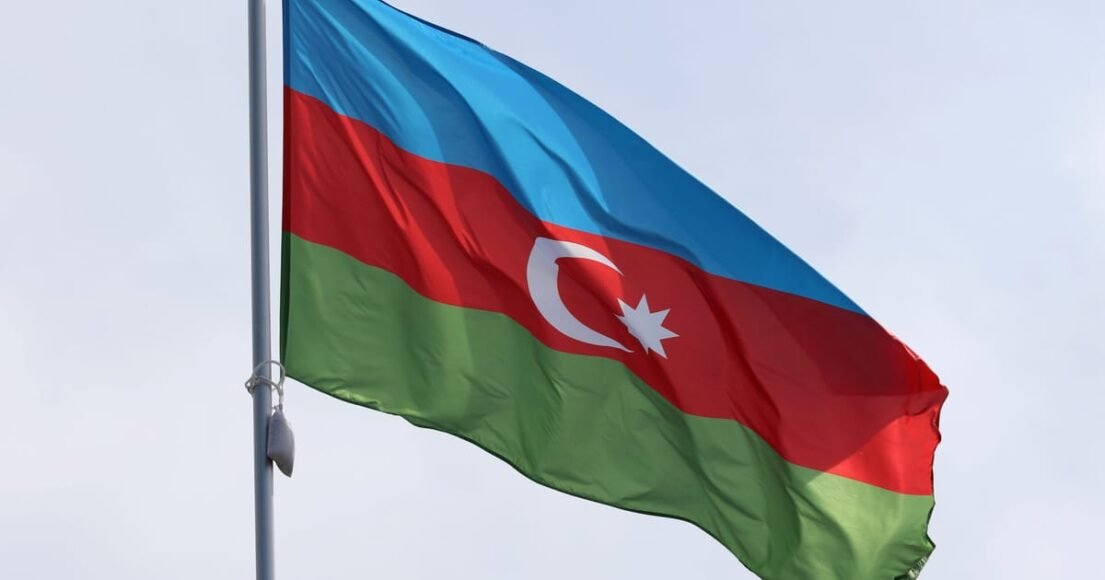


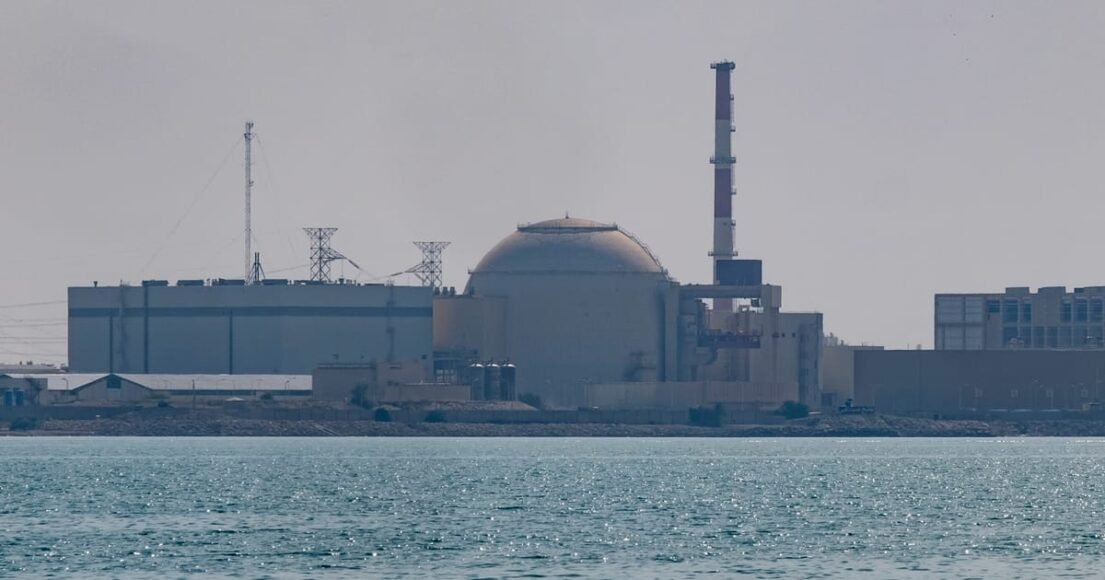
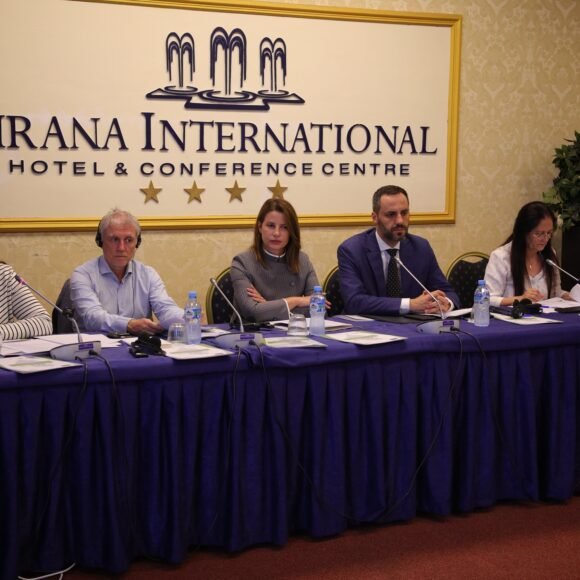
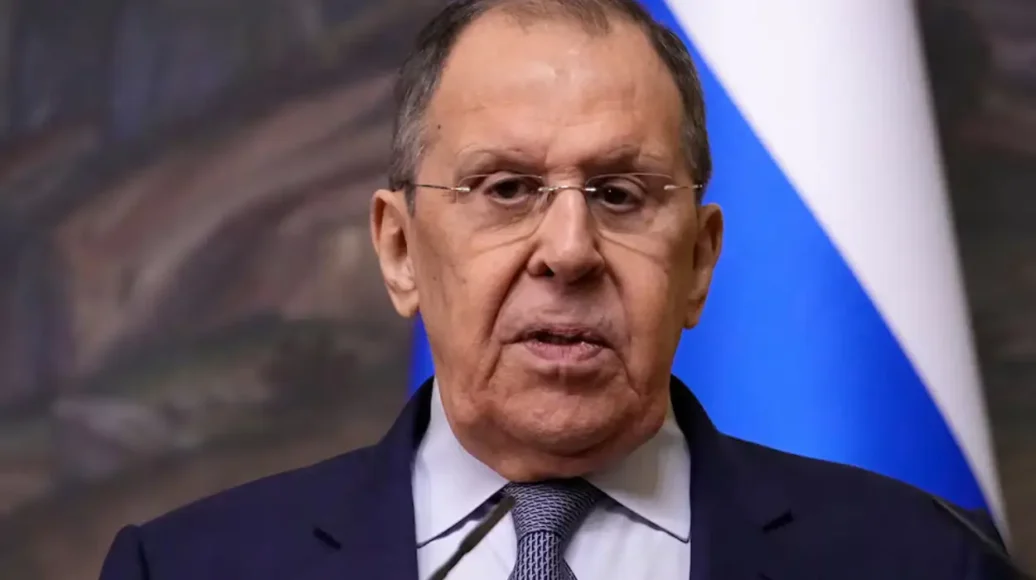
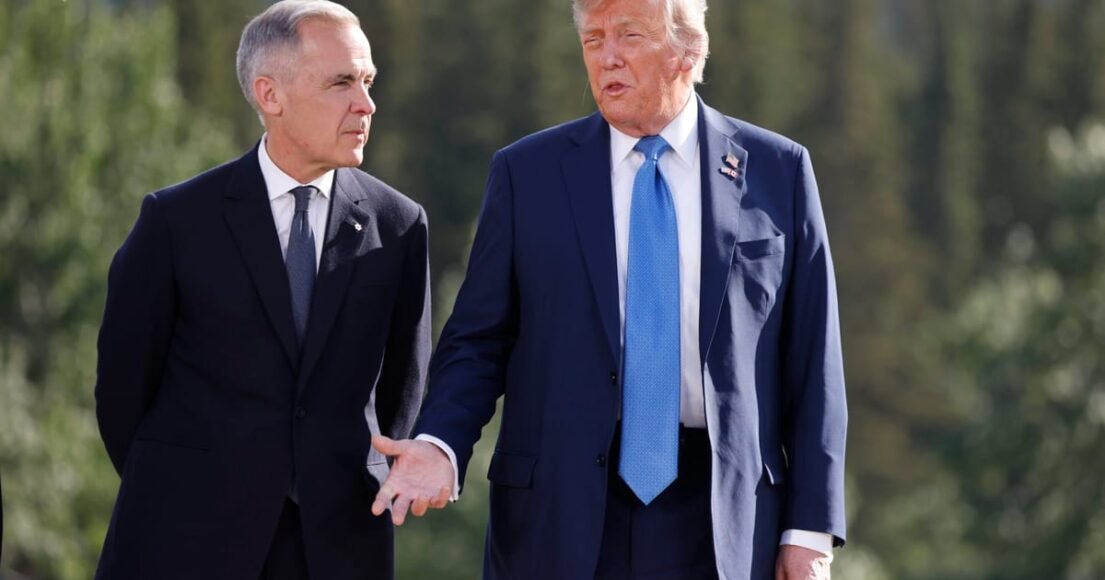

Leave a Reply